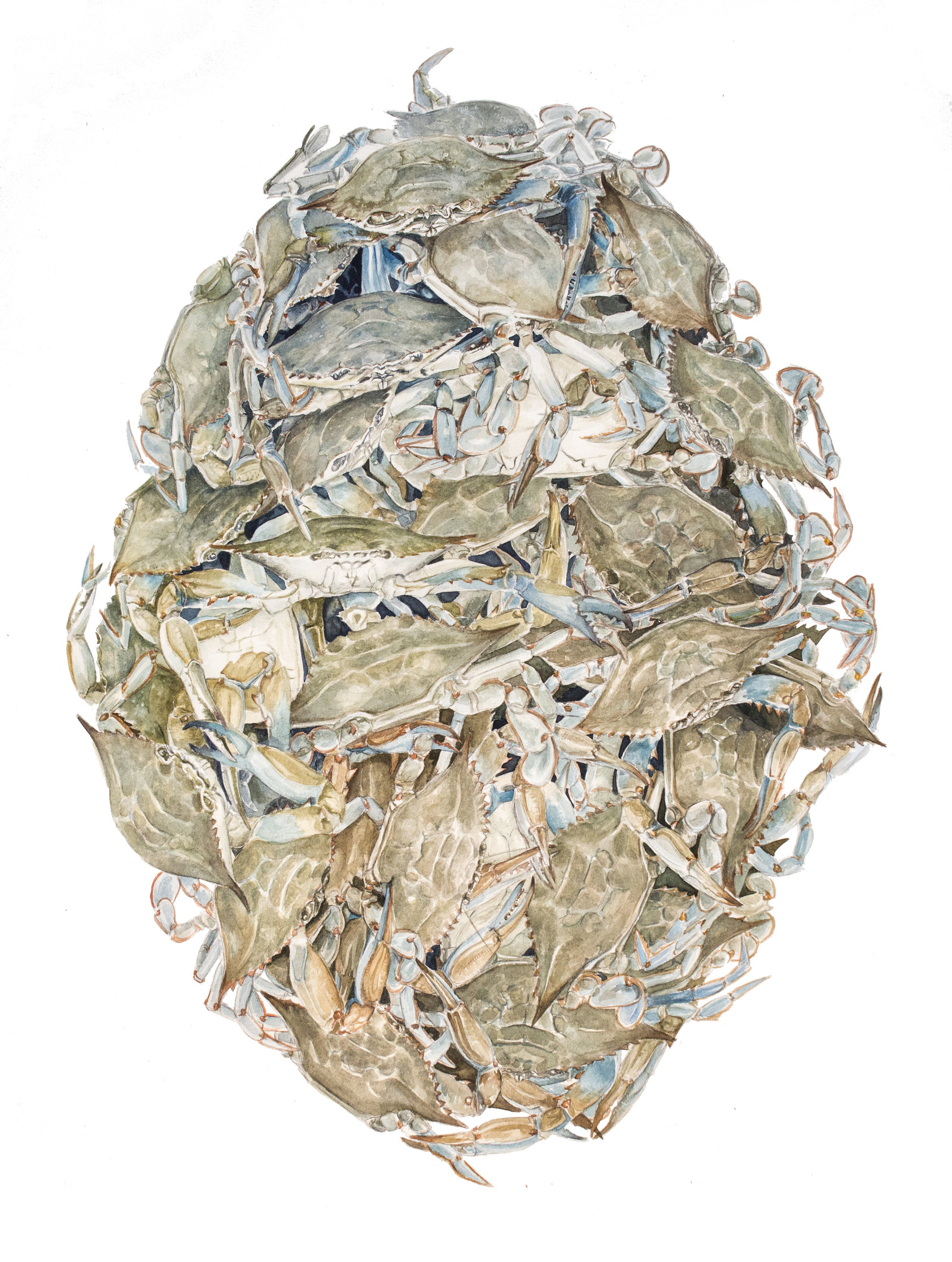by Cara Gillespie
The cement of my unfinished basement is cold on my bare feet, and I can feel the tension in the air. Protractors and rulers and strings and papers covered with my dad’s angular and scratchy handwriting are on the table. They are the beginnings of a science project. I am in the fourth grade. My teacher’s name is Mrs. Mower and my dad’s name is Barry. Barry is writing out math equations in his scratchy handwriting and pointing to numbers with his golden pencil.
“Do you understand?” he says to me.
And I wish I did. I really wish I did. So I nod my head.
But what I really don’t understand is how I ended up here, down in this cold basement. All I said was “yes” when my dad asked me if I wanted to learn more about how my bow and arrow worked. Three hours of this strange, new, geometry math later, and I don’t want to know another thing about it. But it’s my science project. And it’s due tomorrow. The weight of this pushes on my shoulders like adult hands telling a child to stay seated. And I am really trying to stay seated.
It’s dark outside now, and I only understand a little bit.
“This is too hard for her, Barry. She’s only in fourth grade!”
“She wanted to do this!”
And I guess in a way I did. I just didn’t know the answer was going to be this complicated. Why did I need to know how things worked, anyway? I could still build cardboard forts in my basement and shoot old couch cushions with my bow and arrow before I knew all this. But after that science project, I could never shoot my bow and arrow without thinking about geometry.
In the daylight hours, I loved watching bumblebees in my backyard buzz in the flowers. That is, until I grabbed a Mason jar and caught one. I held the jar really close to my face and looked closely at the blur of wings and the patches of yellow and black fuzz. His little body was a machine, a machine that I wanted to decode. How does it work? I watched him fly around, banging his body against the glass again and again. I couldn’t take my eyes off of him.
Then he stopped flying. I shook the jar a few times, the same way I would bang the printer when it jammed up. But he didn’t move. I let him out, dumping him on a leaf, hoping he would appreciate his freedom. But he just sat there, confused, broken. Why couldn’t I have just let him fly?
That night I started looking at myself in the mirror and pulling the edges of my eyes tight and smashing my cheeks, my fingers asking how all of this worked. How does this smile work? Show me. How do these eyes work? What is hair, anyway? How does it grow? And why am I happy? How does that work? Once I started asking, it was hard to stop.
But I’m not the only one who can’t stop asking. People ask and bombs are dropped, animals are tested, and cadavers become playgrounds—all because we think we want to know.
But it’s getting dark. I can only understand a little bit. The answers are complicated.
And I really don’t want to know anymore.



